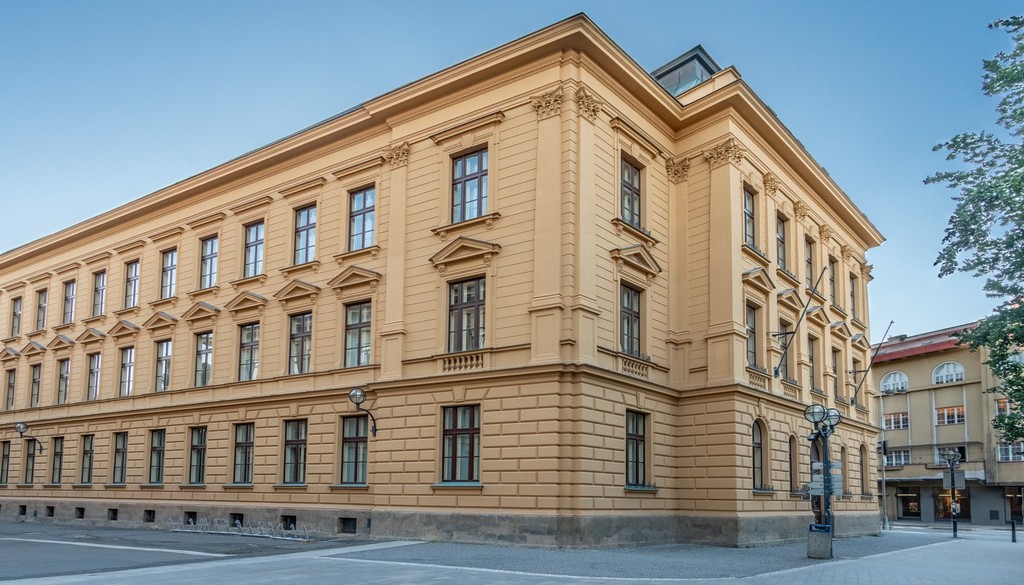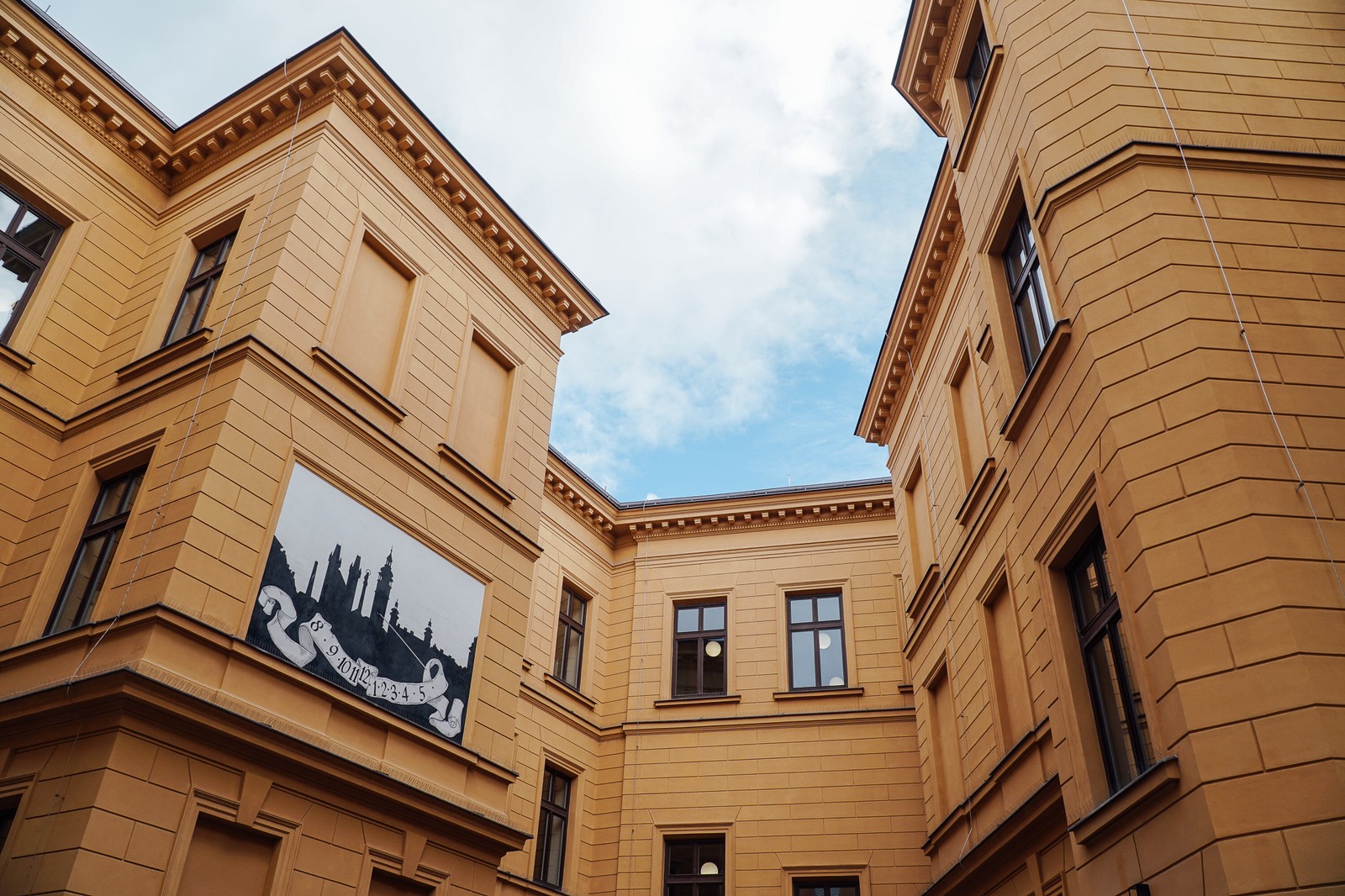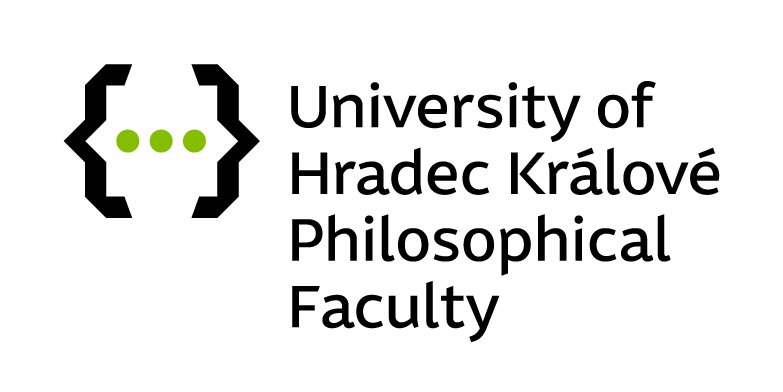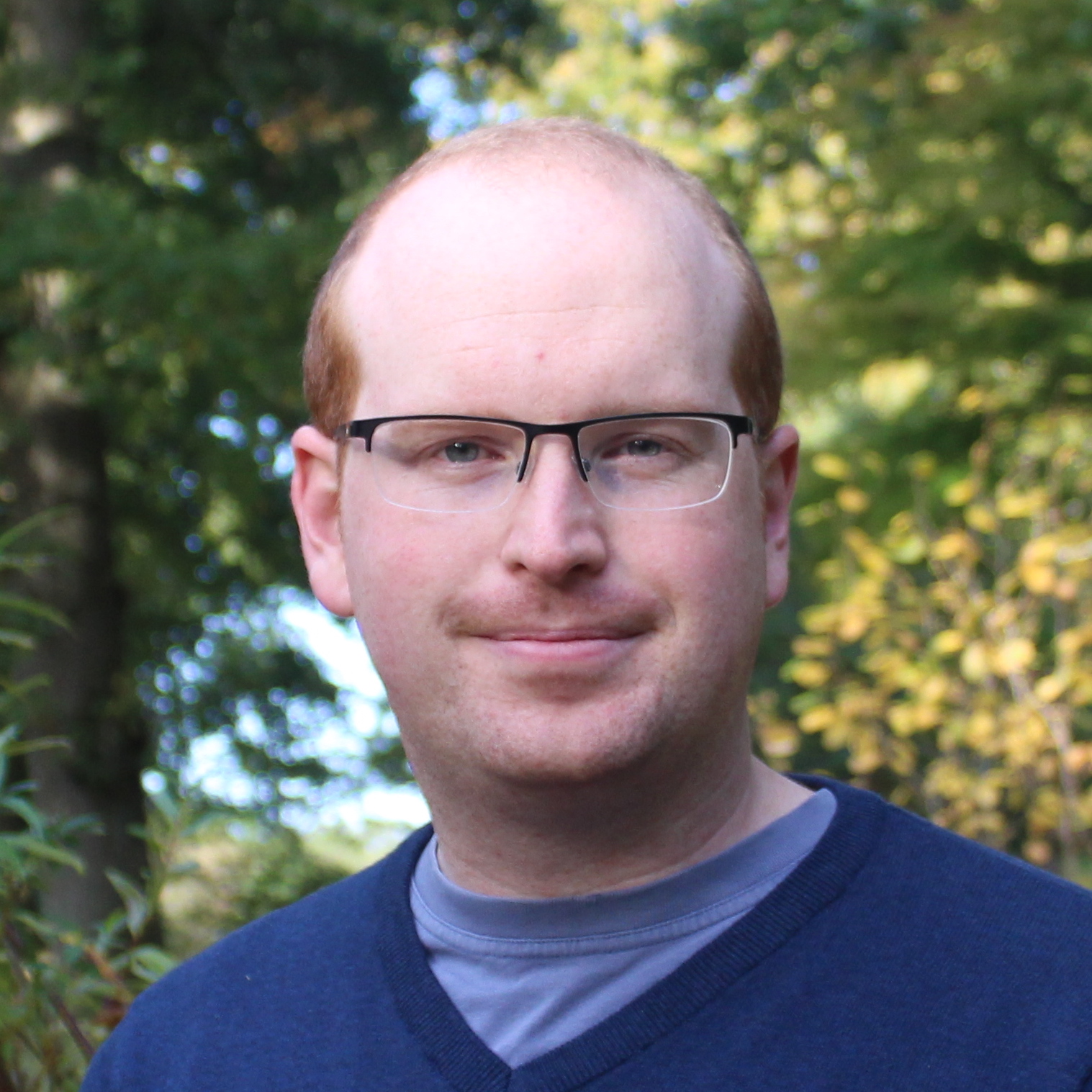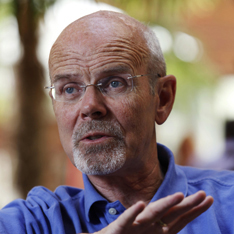About
Human activities are subject to many types of rules that structure human societies. Broadly speaking, rules are in force in a society or group when its members tend to promote some ways of doing things as desirable or appropriate and tend to repress other ways as harmful or inappropriate. The ability to establish and follow rules in this general sense allows humans to maintain complex practices and institutions, including linguistic, economic, moral, legal and political institutions. In other words, it underlies unique forms of cooperation, social organization and culture that characterize the human form of life. This is a feature of human life that is studied by philosophers, cognitive scientists, psychologists, and sociologists. But as the philosophers who investigate the nature of rule-following indicate, rules and rule-following are far from transparent.
As a result, both philosophers and scientists are interested in the phenomenon of rules and rule-following. Because the phenomenon is complex and difficult to analyze, different focuses and approaches have been taken. Some theories have focused on quite abstract, often conceptual issues concerning the nature and constitution of rules, even raising the issue of how rule-following is so much as possible. Other theorists have systematically studied specific aspects of the phenomenon, including evolutionary, ethological, sociological, cultural and psychological ones.
Despite the thematic interconnection of these inquiries, their impact outside of their original domains of investigation has long been limited. But times change, and there is nowadays a growing recognition that our understanding the phenomenon of rule-following (its nature, precursors, evolution, cognitive basis, development, etc.) requires not only the division, but also the integration of our theoretical work: one that combines conceptual analysis with theory building, modelling and empirical research. The aim of this conference is to provide the platform for such analysis and synthesis, allowing researchers from different theoretical traditions to share and discuss their ideas in an interdisciplinary spirit.
We especially invite and welcome contributions on the following topical issues:
* How do philosophical theories of rule-following fare in the light of empirical research?
* What are rules and how are they constituted?
* What kind of behavioral and cognitive abilities are involved in, or required for, rule-following?
* How do human beings develop into normative creatures?
* What is the role and influence of rule-governed practices on the human form of life, both at the collective and at the individual level?
* What kind of evolutionary considerations may shed light on the emergence and resilience of rule-governed practices and institutions, and the corresponding abilities or motivations?
* Can non-human animals (particularly primates) establish and follow rules of sorts, so that we may learn from their case something about the origin and nature of our own capacities?
Invited Speakers
Program
The program with abstracts (and other things) is available in the booklet
Thursday, October 12
10:00 - 10:30 Breakfast
10:30 - 11:15 Preston Stovall - Reflective Single-Minded Agency as the Font of the Transformative Power of Rationality
11:25 - 12:10 Vladimír Svoboda - Normative attitudes and the origins of normativity
12:20 - 13:05 Martin Paleček and Mark Risjord - Understanding Culture as a Model
13:05 - 14:30 Lunch
14:30 - 15:45 (keynote) Kristin Andrews, Simon Fitzpatrick, Evan Westra - Human and nonhuman norms: A dimensional framework
15:55 - 16:40 Beth Barker - Propositions in Action: The Problem of Over-Intellectualizing Know-How
16:50 - 17:35 Mirko Prokop - Inferentialism and the Embodied Basis of Normative Attitudes
Friday, October 13
10:00 - 10:30 Breakfast
10:30 - 11:15 Amadeusz Just - Exploring the limits of the rule-governed model of action: Winch, Wittgenstein, and non-linguistic individuals
11:25 - 12:10 Aleksi Honkasalo - Following Rules and Following Desires
12:20 - 13:05 Charles Lenay, Pierre Steiner - Technical mediations and social normativity: an experimental approach
13:05 - 14:30 Lunch
14:30 - 15:15 Matej Drobňák - Rule-following and the Holy Grail of Evolutionary Pragmatics
15:25 - 16:10 Lachlan Devine - Normativity and the concrete dynamics of linguistic practice
16:20 - 17:35 (keynote) Dorit Bar-On - On the Origins of 'Normative' Meaning
Saturday, October 14
10:00 - 10:30 Breakfast
10:30 - 11:15 Antonio Scarafone - Normativity in Infancy: Learning from Demonstrations
11:25 - 12:10 Christopher J. Gonzalez An - The "hurly-burly" roots of rule-following: Discursive co-regulation in social play and its exaptive and developmental potential
12:20 - 13:05 Szymon Sapalski - How to Naturalize Inferentialism
13:05 - 14:30 Lunch
14:30 - 15:45 (keynote) Jonathan Birch - Grades of empiricism about normative concepts
15:55 - 16:40 Jaroslav Peregrin - The natural history of correctness
16:50 - 17:35 (keynote) Michael Tomasello - Origins of Normativity
18:30: Conference dinner
Sunday, October 15
10:00 - 10:30 Breakfast
10:30 - 11:45 (keynote) Philip Pettit - A Genealogy of Rule-following
11:55 - 12:40 Ronald Loeffler - Belief, the norm of truth, and assertion's essential effect
Venue
Philosophical faculty od the University of Hradec Králové (nám. Svobody 331, 500 02 Hradec Králové 3).
